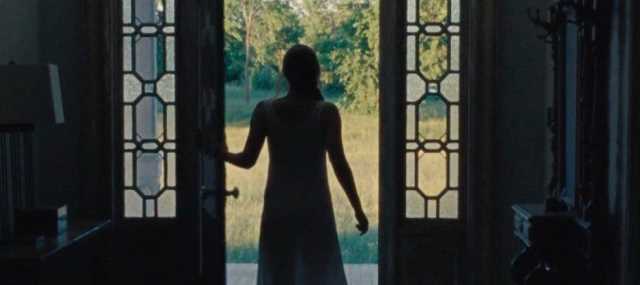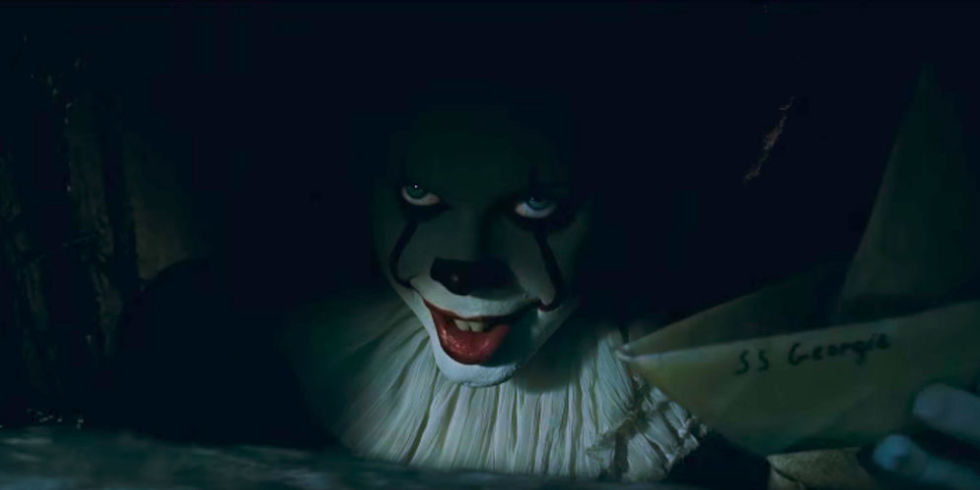Review Grade: C-
Doug Liman’s “American Made” is the latest project in recent
years to tackle the turbulent Pablo Escobar/”War on Drugs” era of the late 70’s
and 80’s, preceded by the Netflix TV show “Narcos” and the Bryan Cranston
starring film “The Infiltrator” (and covered comprehensively in Billy Corben’s
superb documentary “Cocaine Cowboys”). It's a fascinating chunk of American
history complete with gang violence, shady US government doings, espionage, hypocrisy
and moral grey area and of course the warped, nightmare vision of the American
dream: ordinary people getting sucked into an exciting but dangerous life of
crime and becoming flushed with cash overnight only to see that good life fall apart in epic (and often tragic) fashion. Ever since “Scarface,” it’s been
fertile ground for TV and cinema.
“American Made” manages to check all those boxes in
detailing the rise and fall of Barry Seal, (Tom Cruise) an ordinary American
pilot who ends up working for the CIA, (flying weapons to South America for
Ronald Reagan’s “secret war”) The Medellin Drug Cartel (smuggling drugs), the
DEA and later the White House, all while trying to live a calm family life with
his wife Lucy (Sarah Wright) and kids. This extraordinary, complex story would
make a great mini series, documentary or dramatized.
Unfortunately it’s been mangled and crammed into one hundred
and fifteen minutes. The picture might have even benefited from being two hours
or more; these sprawling crime sagas and their multitude of characters and time
periods need the cinematic space to unfurl if you’re going to tell them in full.
But currently “American Made” feels like an abridged crime epic-- an occasionally
fun but mostly surface level telling.
The film gets off to a quick start (a rapid fire, anxious
pace that is maintained throughout) but at the expense of setting up its
protagonist. Liman and screenwriter Gary Spinelli do a hasty and inadequate job
of establishing Seal’s initial situation and why he would want to work for the
CIA or the Medellin cartel in the first place. And as the film goes on they
fail to flesh Seal out or dig into his psychology. There’s little in the way of
a character ark beyond his realization that working for the cartel and the US
government at the same time isn’t going to end for him.
The colorful cast of supporting characters, including Seal’s
CIA contact Schafer, (Domhnall Gleeson) Lucy’s scuzzy weirdo/screw-up brother
JB (Caleb Landry Jones, who just seems destined to play scuzzy weirdo/screw-ups
in all his roles) and Seal’s Medellin contact Jorge Ochoa (Alejandro Edda) have
a memorable scene or two but they get lost in the film’s comprehensive, messy
biopic approach.
“American Made” races through its chronology like a bland
presentation, stringing interesting and sometimes amusing episodes in Seals
life together with little cohesion or dramatic kick. Despite the energetic
pacing and frenzied editing the film feels like its on autopilot. There’s so
much ground to cover (multiple players, four major narrative sections and the
various plot strands within those sections to balance) that none of the material
gets a chance to really settle and make a serious impact.
Making matters worse, “American Made” employs a jerky pseudo-documentary
style that is mildly disorienting at best and flat out incoherent at worse. Uh,
Doug…you directed “The Bourne Identity,” did you forget how to do shaky cam?
Add to that, slick montages cut to 70’s/80’s music, cutaways, cheeky info
graphics (a la “The Big Short”) and a contrived videotape confessional framing
device in which Seal narrates the muddled events of the movie. In other words,
the picture’s visual/formal style is just as unfocused as the rest of it.
Cruise is predictably in top form; his goofy and nervous energy
is always watchable but the movie around him doesn’t cut deep enough. A great
true story, ripe with big screen and small screen potential is adapted into a
banal commercial studio product.








/cdn.vox-cdn.com/uploads/chorus_image/image/56636589/mother_TIFF_2040.0.jpg)


